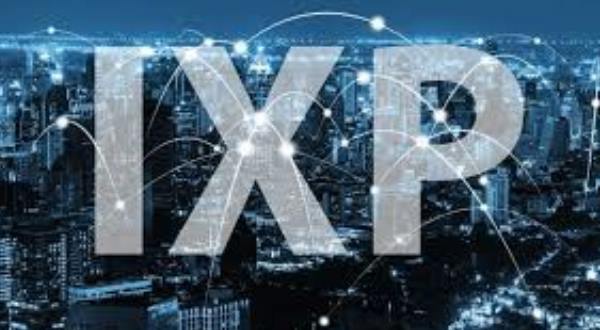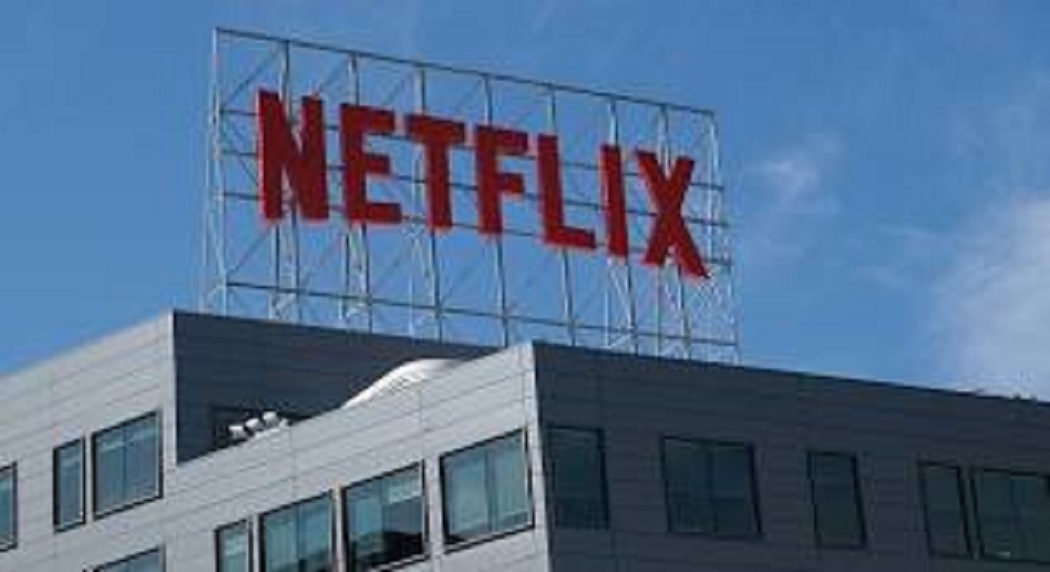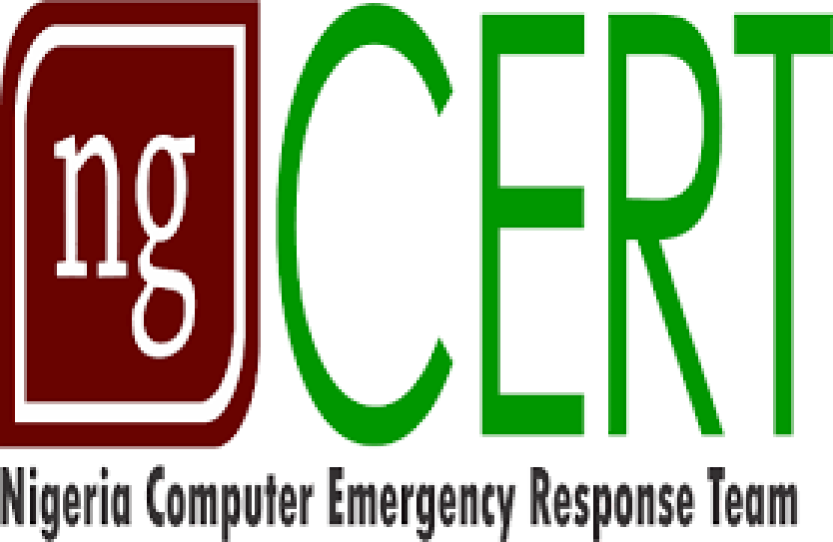Telecom
Africa’s Internet Exchange Points See Growth – Internet Society

The number of internet exchange points (IXPs) established on the African continent has grown from 19 in 2012, to 46 in 2020.

This indicates a 58% increase over the past few years, according to the Internet Society’s latest report, titled “Moving Toward an Interconnected Africa: The 80/20 Initiative”.
While IXPs were founded in 1996, global non-profit organisation the Internet Society notes the burst of activity started in 2011, continuing over the last few years.
The organisation emphasises that IXPs enable the local exchange of internet traffic instead of using expensive international transit routes. This not only makes internet access much more affordable, it also improves the quality of access by providing more direct network connections, it notes.
The latest report, which examines Africa’s internet ecosystem and current status of IXPs, shows the significant gains made in advancing IXPs on the continent between 2012 and 2020.
It states there is a boom in this type of internet infrastructure development on the continent, with more than half of African countries with an IXP. Six countries – Angola, Democratic Republic of Congo, Kenya, Nigeria, South Africa and Tanzania – have more than one IXP.
Similarly, the presence of international content delivery networks has significantly increased, along with locally-developed content, it states.
Dawit Bekele, Africa regional vice-president for the Internet Society, explains: “Thanks to the continued work with partners over the years, we have many more sustainable IXPs that exchange a considerable amount of internet traffic in Africa. But there’s still work to do to ensure more internet traffic is exchanged on the continent.
“A key success factor for IXPs is that governments understand the value that internet infrastructure provides, which encourages the adoption of policies and regulations that enable internet ecosystems to thrive,” adds Bekele.
The report notes that in 2012, in Kenya and Nigeria, approximately 30% of each country’s traffic was localised. However, this had significantly shifted by 2020.
“Between 2012 and 2020, both Kenya and Nigeria moved from the cusp of stage two, with 30% localised traffic, to the cusp of stage three, with 70% localised traffic. South Africa is the only country in Africa currently in stage three.
“Kenya, Nigeria and South Africa also have the only IXPs in the region comprising 50 or more connected networks. The number of members at an IXP is a strong indicator of the health of a country’s Internet ecosystem – both that there are so many networks and that they are all connected to the IXP.”
South Africa is the nation with the most developed internet ecosystem in Africa, based on the Internet Society’s review of all the countries in Africa with IXPs.
The report shows SA has achieved the goal of at least 80% localised traffic, followed by Kenya and Nigeria. “These countries have the most interconnected networks and have succeeded in exchanging 70-80% of their traffic locally.”
For its report, the organisation says it identified three stages of development, depending on the level of localised traffic, and driven by connections between and among internet service providers and content providers.
Based on the internet ecosystem stages of development, stage one refers to when the IXP is mainly used to exchange local traffic between local access providers; it localises up to approximately 30% of total traffic.
In terms of stage two, international content is made available locally, attracted by the IXP and its member networks. This stage localises approximately 30% to 70% of total traffic.
In stage three, the Internet Society notes that local content is hosted locally, rather than in data centres located abroad. This particular stage localises 70% or more of total traffic.
Telecom
MTN Mulls Establishment of Fintech Firm in Nigeria, Others

MTN Uganda is seeking input from stakeholders on a plan to structurally separate its mobile money service, MoMo, from its core telecoms business.

According to the company, the proposed change will be discussed at the upcoming extraordinary general meeting on July 2.
If approved, the telco’s fintech business will be run by a new company controlled by MTN Group Fintech Holdings B.V. and a trust benefiting minority shareholders following a merger.
Additionally, the restructuring also aligns with MTN Group’s ambition 2025 strategy which aims to unlock value, attract new investors, and strengthen regulatory compliance by creating standalone fintech entities in Uganda, Ghana, and Nigeria.
The company’s fintech division has over 13 million customers, with an 18.4% revenue increase in the first quarter of 2025, driven by 19.0% growth in mobile money services, 19.8% growth in transaction volumes, and a 31.4% increase in transaction value.
Reports say the decision is part of the telco’s compliance with the National Payment Systems Act 2020, which mandates mobile money businesses to operate as standalone entities, and to align with MTN Group’s regional fintech strategy.
MTN Uganda, which is led by CEO Sylvia Mulinge, highlighted that the implementation of the proposed transaction will be subjected to a number of conditions and regulatory procedures.
“The implementation of the proposed transaction shall be subject to a number of conditions, including the company and MTN MoMo receiving all required regulatory approvals and no-objections and complying with any regulatory conditions,” said MTN Uganda in notice.
Telecom
Netflix Expands European Presence with €1 Billion Investment in Spain

Netflix has announced plans to invest more than €1 billion in Spanish film and television productions over the next four years, reinforcing its commitment to Spain as a key creative hub in Europe.

The announcement was made by co-chief executive Ted Sarandos at an event held at Netflix’s production studios near Madrid, celebrating the company’s 10-year presence in the country.
Sarandos emphasized that the investment would contribute significantly to Spain’s economy, create jobs, and enable the streaming platform to produce more local content. He was joined by Spanish Prime Minister Pedro Sánchez in unveiling the initiative.
Netflix first established its international production studios in Madrid in 2019, following the success of the Spanish-language hit series Money Heist.
Since then, its 22,000-square-meter facility has become one of Netflix’s major production centers within the European Union.
The company currently supports over 20,000 jobs in Spain, highlighting the nation’s growing influence in global entertainment.
The investment reflects Netflix’s ongoing strategy to expand its presence in European markets through original content and local talent.
Telecom
ngCERT Issues High Alert to Nigerians Using Android Phones

Nigeria Computer Emergency Response Team (ngCERT) has raised alarms over a new wave of advanced cyberattacks targeting Android mobile phones through a malware campaign dubbed Tria Stealer.

The malicious software is designed to infiltrate Android devices, hijack messaging accounts, intercept One-Time Passwords (OTPs), to steal sensitive personal and financial data.
According to ngCERT, Tria Stealer spreads primarily through deceptive tactics, such as fake event invitations distributed via popular messaging platforms like WhatsApp and Telegram.
Unsuspecting users are enticed to download an infected (APK) file, often disguised as a harmless system application, to evade detection.
Once installed, Tria Stealer requests extensive permissions, including access to SMS, call logs, and app notifications.
It immediately commences data harvesting activities, sending stolen information to a Command and Control (C2) server operated via Telegram bots.
This trojan spreads through fake links, usually disguised as wedding or event invites, and tricks users into downloading malicious APK files
“Account takeover of messaging platforms. Impersonation of victim for fraudulent money transfer requests. Compromise of banking and financial applications. Identity theft and credential harvesting.”
In plain terms, if your phone is compromised, the consequences could be catastrophic.
Your financial apps are vulnerable, your reputation could be ruined by impersonation and even simple personal messages could be twisted into tools for scams.
Here’s what users should be doing now:
Don’t download apps outside the official Play Store.
Be suspicious of random invites or links, even from people you know.
Turn on 2FA for everything—banking, emails, social platforms.
Get a reputable antivirus and keep it updated.
If you run an organisation, you should already be taking this seriously.
ngCERT’s guidance says you should raise awareness, monitor mobile devices, and not let your team click on unverified links.
“Deploy network monitoring for suspicious outbound connections to known C2 domains,” it said, meaning, keep an eye on every digital door in and out.
This isn’t one of those cases where you wait to see if it affects you. By the time you realise it, it may already be too late.

 News3 days ago
News3 days agoCDCFIB Warns against Recruitment Racketeers

 Telecom3 days ago
Telecom3 days agoMeta, FMCIDE Unveil AI Accelerator to Drive Innovation in Nigeria

 News3 days ago
News3 days agoFG May Forfeits $4m from World Bank Loan over Audit Flop

 Telecom3 days ago
Telecom3 days agoNigeria Leads the Charge in Green Innovation @MTN’s Africa PachiPanda Challenge

 Broadcasting3 days ago
Broadcasting3 days agoAfia TV and Radio Stamps Footprints in Lagos

 E-Financial3 days ago
E-Financial3 days agoNDIC Begins Final Settlements to Creditors of Liquidated Premier Bank

 Telecom2 days ago
Telecom2 days agongCERT Issues High Alert to Nigerians Using Android Phones

 E-Business2 days ago
E-Business2 days agoAfrican Startups Raised $345m in Funding in May




























